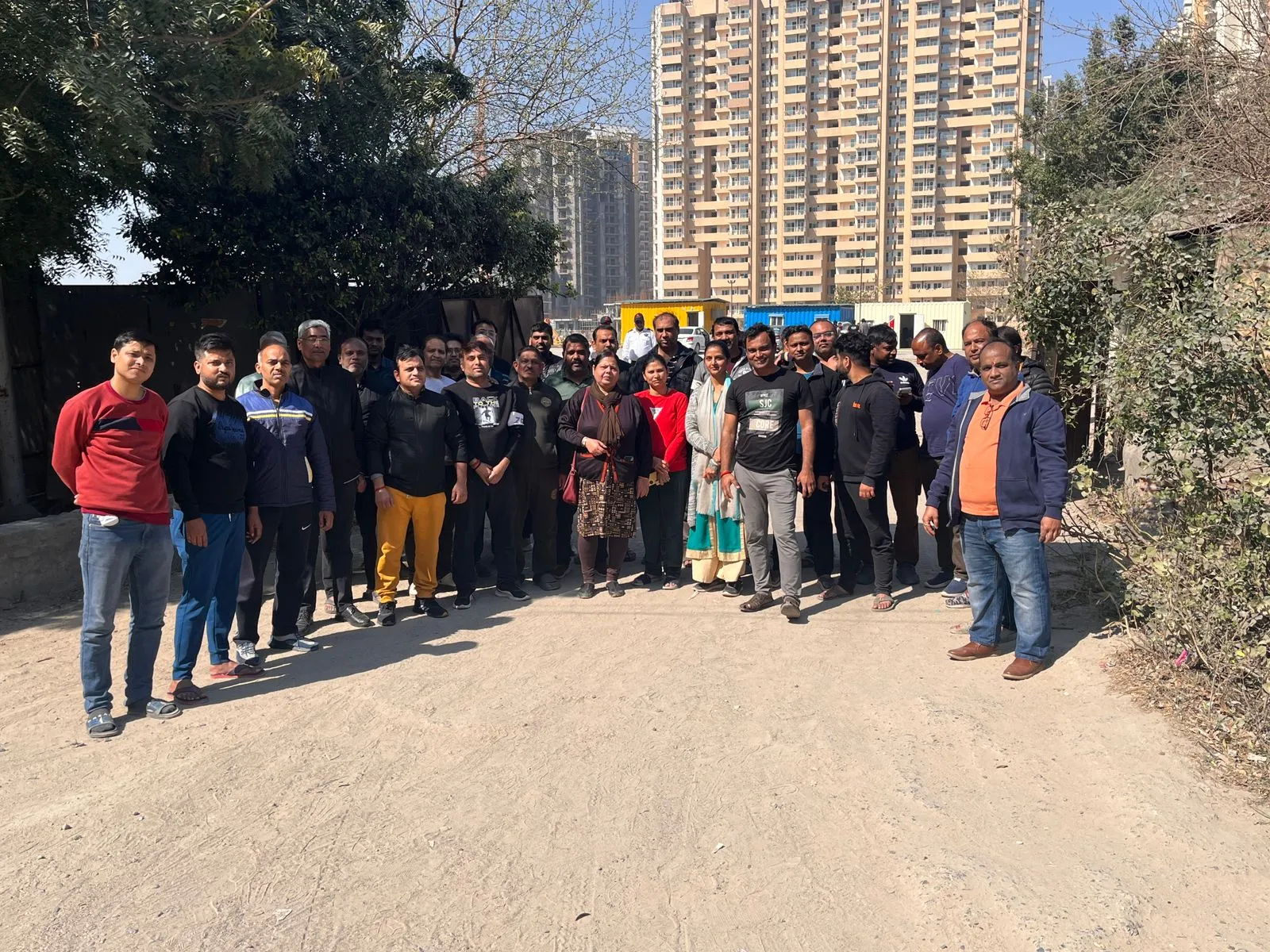In a bold and strategic counter-terrorism move, India launched “Operation Sindoor” on May 7, striking deep into Pakistani and Pakistan-Occupied Kashmir territory. The military operation specifically targeted nine known terrorist infrastructure sites and succeeded in neutralizing high-value targets, including Mohammad Yusuf Azhar — brother-in-law of notorious Jaish-e-Mohammed (JeM) chief Masood Azhar.
Yusuf Azhar, also known as Mohammad Yusuf, was a senior commander in JeM and played a critical role in recruiting and training militants. He was one of the masterminds behind several terrorist attacks across Jammu and Kashmir and infamously linked to the hijacking of Indian Airlines Flight IC-814 in 1999. A Red Corner Notice had been issued against him since 2000, marking him as a wanted global terrorist.
The airstrikes hit Bahawalpur — JeM’s operational headquarters in Pakistan — which has long been accused of harboring extremist groups with the tacit support of Pakistani military and intelligence services. International voices, including journalist Asra Nomani and Judea Pearl (father of slain reporter Daniel Pearl), praised India’s action, highlighting Bahawalpur’s decades-long role as a breeding ground for terror.
Nomani, who worked with Daniel Pearl at the Wall Street Journal, shared chilling personal recollections of Bahawalpur’s militant stronghold, detailing how it served as a base for extremists who later orchestrated Pearl’s kidnapping and murder. Her insights reinforced long-standing allegations that Pakistan has failed to clamp down on terrorism within its borders.
With Operation Sindoor, India has sent a strong message to cross-border terror networks and their protectors. By taking out Yusuf Azhar, India has avenged past attacks and disrupted future plans of one of the most dangerous jihadist organizations in South Asia.




